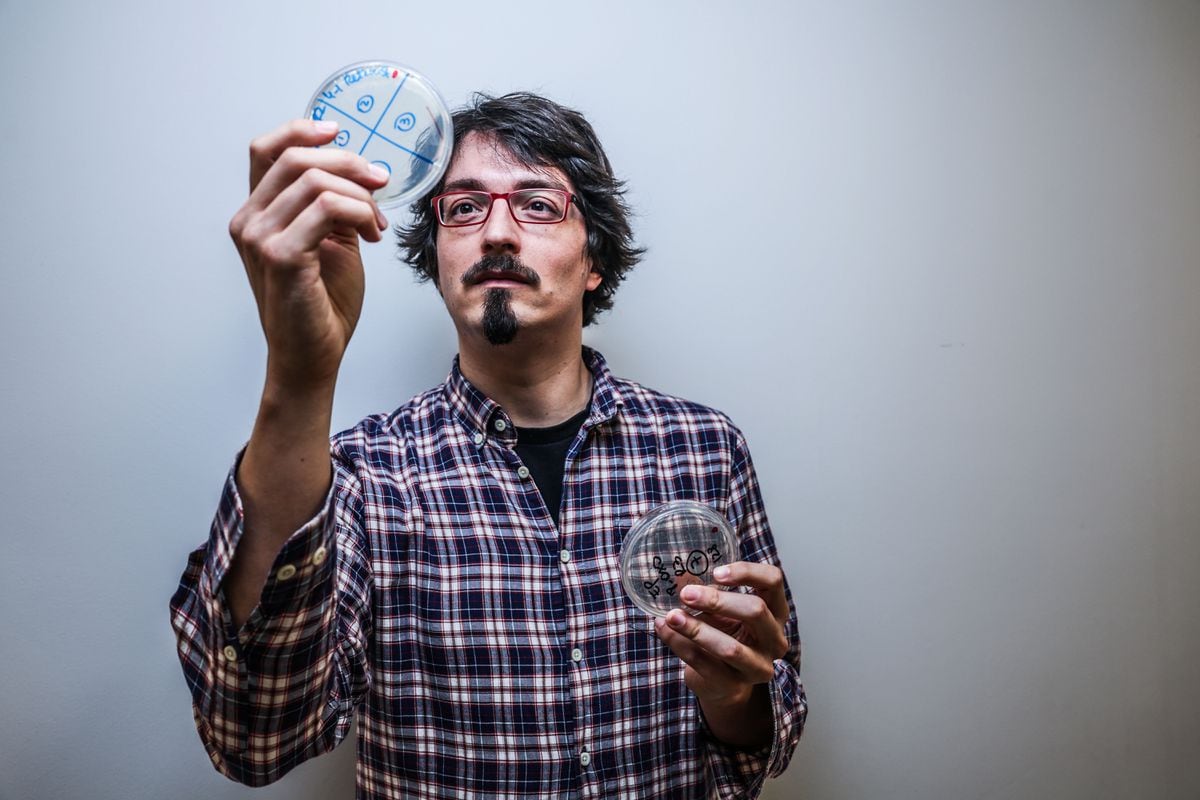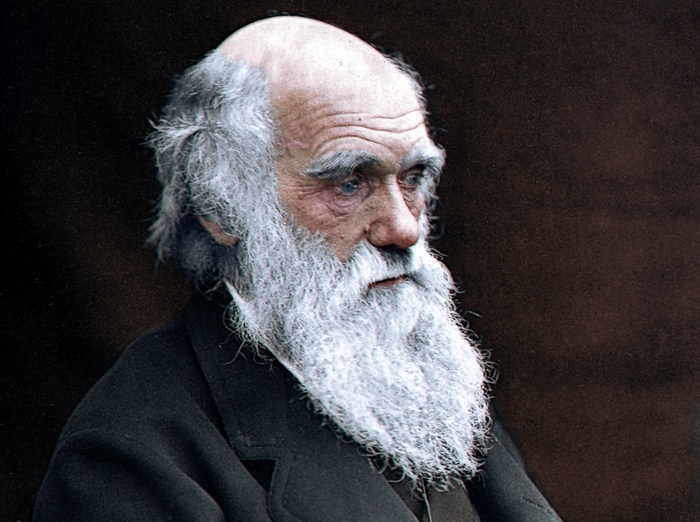Just five years ago, the economist Laurence Tubiana (Oran, Algeria, 1951) celebrated from the platform of the Paris climate summit the adoption of the long-awaited pact against global warming.
After years of failures, on December 12, 2015, the 195 countries gathered in the French capital closed a pact that obliges all states to adhere to present plans to cut their greenhouse gas emissions.
These plans must serve to achieve the goal of the Paris Agreement: that the increase in temperature does not exceed on average two degrees Celsius with respect to the pre-industrial level and, as far as possible, not exceed 1.5.
Five years later, Tubiana, one of the architects of the pact and president of the European Climate Foundation, attends EL PAÍS by videoconference from her home in Paris, a city then shocked by the Bataclan attacks and today hit, like the rest of the world , for the pandemic.
“I think that in ten years we will see this pandemic as a turning point in the climate fight,” he says about the boost that can be given to green recovery policies.
Taking stock of these five years, Tubiana starts with the negative: with Donald Trump, the outgoing US president. “Trump's decision to leave the Paris Agreement has put a kind of brake on the fight against climate change.
In the high-level political agenda, for example the G20, it was clearly noted that it was slowing down.
And Trump's decision gave the license to do nothing to countries like Brazil, Australia or Mexico ”.
The Paris Agreement will be fully operational from 2021, when the Kyoto Protocol ends.
But that point has already been reached with non-compliance, in part due to the pandemic, which has forced international climate negotiations to be postponed for a year.
Article 6 of the agreement has yet to be developed, referring to carbon markets, and only five countries have updated their emission cut plans (known as NDC) for the next decade as required by the pact.
"I understand that with the crisis, with the covid, many things have been postponed ... but only the smallest countries, those that do not count in terms of global emissions, have announced new plans."
That is why it applauds the agreement reached yesterday by the 27, which will allow the EU to present before the end of the year a new NDC with the objective of a 55% cut.
“It is very important, the EU did not have a valid reason to postpone it.
It is important that in 2020 some countries at least do what they said they were going to do.
It seems to me symbolically much better than waiting three months.
If Europe wants to continue being a leader, the minimum is to do it on time ”.
Compared to the few countries that have updated their plans for this next decade, more than a hundred have committed to achieving what is called carbon neutrality by 2050: that emissions are equal to the absorption capacity of these gases from the sinkholes (eg forests).
Tubiana sees a "risk" that governments hide behind these long-term plans to not present the NDCs, which set short and medium-term objectives.
“That is why we must press now so that next year they present what they are going to do immediately.
It is an absolutely necessary condition.
The goals for 2050 are not worth it if there is no plan to go there.
And the plan starts now, not in 10 years or in 20. The plans for the next five and ten years are very important ”.
The US, after four years absent, intends to return strongly to the climate fight with Joe Biden.
And the risk of Europe losing that international leadership is a fear of some EU leaders.
“Europe has to stay strong.
The new Administration has committed people, but Biden can't do that much.
They do not have a majority in the Senate to have a very ambitious climate law.
He's going to have to use what Obama did: executive orders.
That greatly limits setting a carbon price at the national level.
And the fossil sector is very important ”.
Among all the positive things that have happened since 2015, Tubiana highlights citizen awareness.
“What seems to me most important is that citizens, Europeans and other continents, see that climate change is not a long-term thing, but something that is happening now, and that the impacts are seen and noticed now.
Most polls show that people are concerned (even in the US over 60%) and want action on the climate.
That is something very new, the governments can no longer defend that they cannot do anything because the citizens do not want to, because it is not true.
If they don't want to do it, it's because they want to protect, in an irrational way, economic sectors that don't want to change.
The acceleration of the impacts has contributed to this awareness.
“Reports from the scientific community suggest that the most pessimistic scenarios are occurring.
The evolution is much more worrying than was thought five years ago, "he explains.
So much so that the goal of keeping the temperature rise below 1.5 degrees is becoming more and more complicated - now we are on an increase of about 1.2 degrees.
“During the negotiations of the agreement there was a very strong discussion.
We ask ourselves: do we set the goal of 1.5 degrees when we really know that it is going to be super difficult, or do we not set it?
And the islands threatened by rising sea levels said: if we do not put it - even though we know that we will cross it and then we will have to go down again - it means that the small islands no longer have the right to live.
So I think it was positive.
It must be explained well that each movement counts for a lot, that going from 1.5 to two degrees makes a huge difference in impacts.
It is the only way to mobilize: that people fear the impacts.
Of course, let them see how the situation can be resolved, but fear the impacts ”.
To find out the most important news on Climate and Environment from EL PAÍS, sign up here for our
weekly
newsletter
.
Follow the Climate and Environment section on
and




/cloudfront-eu-central-1.images.arcpublishing.com/prisa/PC7XMN6CGVBOLPL7M4WQYALIAI.jpg)


/cloudfront-eu-central-1.images.arcpublishing.com/prisa/AV2KB2TX55ASBDPTNY4XHY7QW4.jpg)
/cloudfront-eu-central-1.images.arcpublishing.com/prisa/BIFY7AONSBC4TC4T4LSS4TOI7A.JPG)